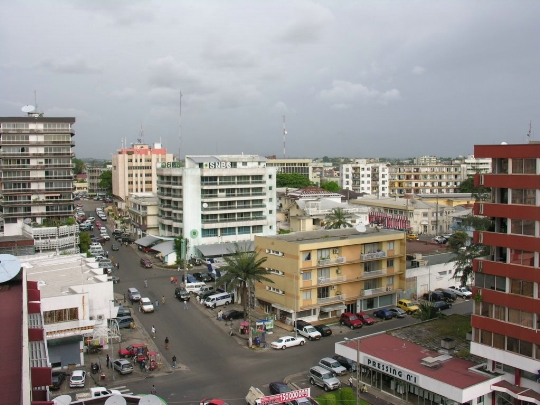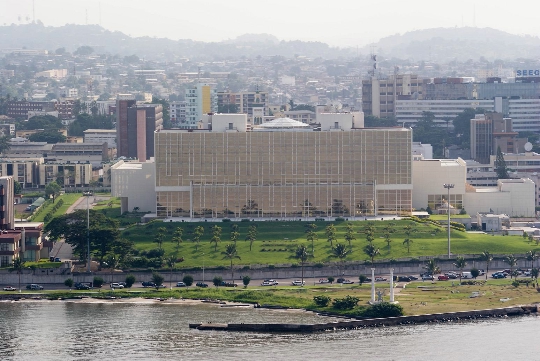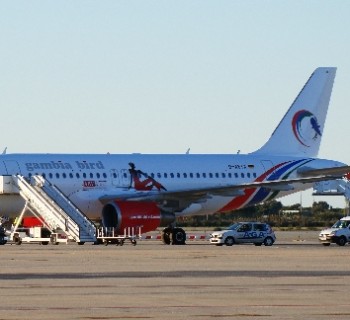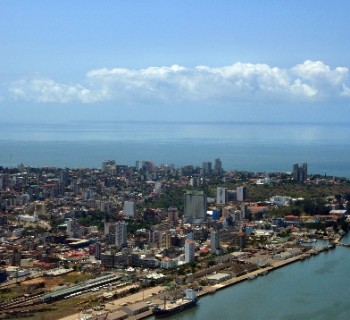Libreville - the capital of Gabon
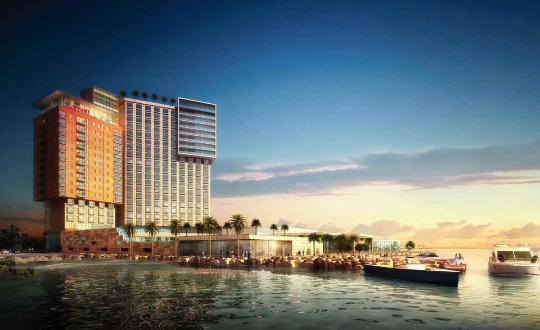
Libreville, the capital of Gabon, became the country's main city not long ago, in 1960. During this time, he significantly expanded his borders, improved infrastructure. There is also an increase in the population, today the number of residents has reached almost 800 thousand people, and continues to increase..
History: facts and legends
The results of archaeological excavations within the boundaries of modern Libreville indicate that people lived on these lands long before the appearance of the French colonialists. They were representatives of one of the African tribes with the amazing name Mpongwe.
Then, in the first half of the 19th century, French colonists came to these territories. But, according to legend, the founding of the city is not associated with Europeans, but with black slaves who were freed from the ship that took them to America, near Loango.
It was these saved slaves who founded a settlement on the site of modern Libreville, the name of which is literally translated from French - «free city». Until 1946, it was the main port of Equatorial Africa, under French protectorate, in 1960 it received a well-deserved capital status..
Libreville cultural attractions
The city itself can become a place of amazing discoveries, if you choose the right route and objects for a closer acquaintance. The tourist brochures give descriptions of Libreville's most famous landmarks. Among the main attractions of the Gabonese capital are:
- French cultural center, where the spiritual heritage of the first colonists is collected;
- Cathedral of St. Mary, striking with its interiors;
- The Church of Saint-Michel (or Saint Michael) with a magnificent choir, to listen to the performances of which many locals and guests gather;
- National Museum, the highlight of the collections of which are ritual masks of local peoples.
Relaxation on the seashore
One of the best beaches in Gabon is located not far from the capital, just such a close location to the epicenter of human society ensures a constant influx of tourists.
On the one hand, Point Denis Beach is a classic example of an exotic holiday destination with all its components, such as white sand, sea waves rolling onto the shore and palm trees quietly swaying in the wind. But, on the other hand, there are more interesting entertainments here than simple contemplation of seascapes. In the immediate vicinity of the beach is Pongara National Park.
In the park, you can meet other representatives of the plant world, besides palm trees. In addition, leatherback turtles, which impress with their significant size, have chosen the coast of the beach..
